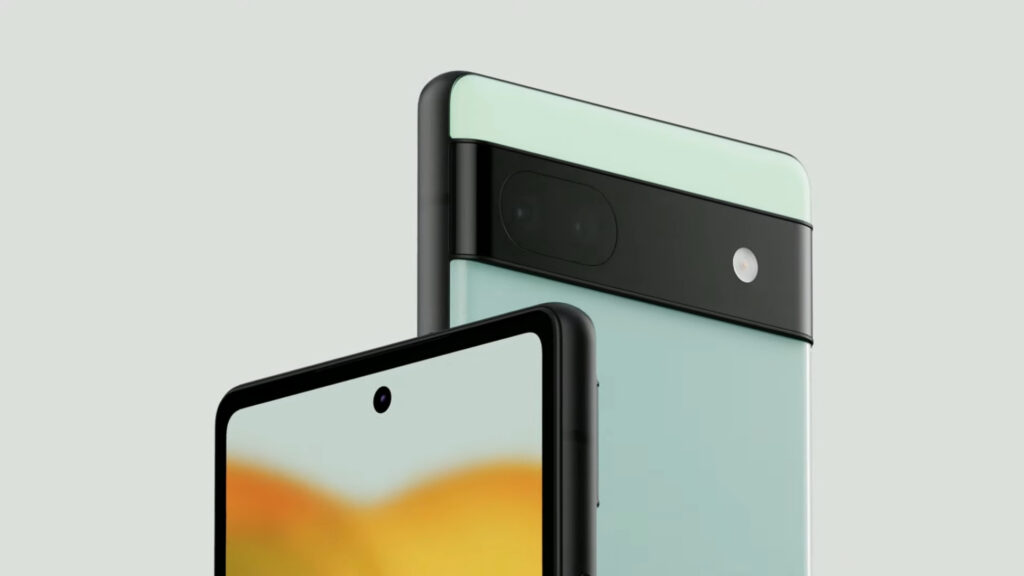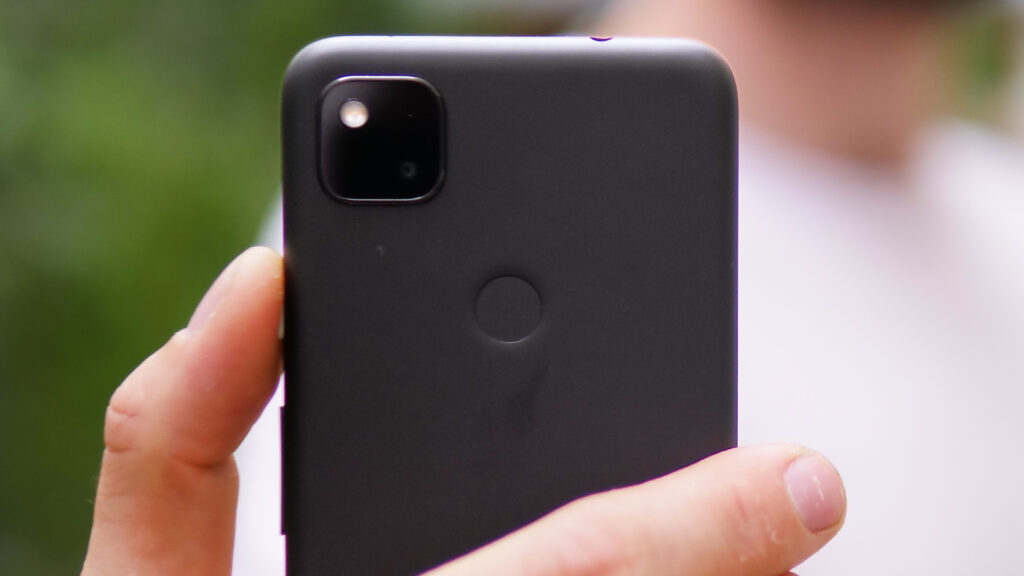Unavailability in many countries, late launches, presentation several months in advance… Google’s strategy with its Pixel smartphones, but also its future watches and tablets, raises questions.
Usually, the Google I/O conference is aimed at developers. The Californian brand has a habit of presenting new software there, then unveils its few hardware innovations at the end of the year, during a “Made by Google” conference.
On Wednesday May 11, 2022, as it had already been able to do in the past, Google deviated from this rule. Many new Pixel products have been introduced, sometimes by surprise. There is the Pixel 6a smartphone, which we were all waiting for, but also the Pixel Watch, the Pixel Buds Pro, the Pixel Tablet and the Pixel 7, whose announcements were not expected.
While such acceleration may give the impression that Google is getting more and more serious about hardware, there are plenty of signs to suggest the opposite. Google’s strategy with its Pixels is still very mysterious.
A calendar problem
Let’s first look at the products announced on Wednesday, May 11. The Pixel 6a, a mid-range smartphone at 459 euros, is not surprising. We knew it was coming and, very objectively, the product seems very successful. Difficult for us to criticize it.
However, with this product alone, Google sends strange signals. Pre-orders will be possible from July 21, more than two months after the announcement of the smartphone. By then, it’s a safe bet that the media frenzy will have subsided. Why go so fast if the stocks are not ready? All this is all the more bizarre since we generally do not communicate on a pre-order date, but on a release date. Will buying the Pixel 6a on July 21 mean that we will receive it on July 22, or at the start of the school year? The same could be said for the Pixel Buds Pro, wireless headphones like many others which, too, will only be available to order from July 21. If someone needs headphones urgently, they probably won’t wait for Google.

The worst part here is that the Pixel 6a is the most “normal” announcement from I/O. In an even more lunar register, there was the Pixel 7, the successor to the Pixel 6 launched at the end of 2021, which Google quickly showed without going into details, before specifying that it would be announced this fall. Which manufacturer announces the successor to its flagship product several months in advance, at the risk of slowing down its sales until it is marketed? By unveiling the Pixel 7 so early, Google is shooting itself in the foot. It’s all the more stupid since, by its own admission, the Pixel 6 is outselling all previous models.
Finally, there were also teasing more classic, but timing doubtful. ThePixel Watch was introduced, but won’t be released until this fall, while thePixel Tablet, a rival to the iPad, was briefly shown but won’t be announced until… 2023. Again, what a funny strategy. What is the interest for Google to show a product so far in advance. No one will wait for the Pixel Tablet to replace their tablet, especially since its design is already open to criticism.

Does Google want to sell Pixels?
This question is deliberately provocative. It seems pretty obvious to us that, yes, Google wants to sell its Pixels. On the other hand, we have doubts about the reality of his ambitions. Valued at more than 1.5 trillion dollars, Google has, on paper, the means to become a hardware giant in a few months.
Yet since the first Pixel in 2016 (and Nexus designed with partners before), Google seems to be moving in slow motion. The Pixel 6 was a nice step forward, but next to Apple, Samsung, Oppo or Xiaomi, Google is still sitting at the small table. Pixels logically work better in the United States than elsewhere, but this is mainly due to the fact that the American market only knows Apple and Samsung. In Europe, where there is competition, Google is not fighting. It is also important to note that, 5 years after the first Pixel, Google only markets its smartphones in 14 countries. Something to make Apple or Samsung laugh, present everywhere.

Other rookie mistakes, such as the fact that Pixels are often out of stock (a reseller confirmed to us that Google was one of the worst in terms of delivery), accentuate this phenomenon. One could also wonder about the 128 GB storage offered by Google, without the possibility of taking a better equipped model. You might think that Google is doing everything to get out of the way, while the Pixels are unanimously recognized as excellent. Does Google have reason to scuttle itself?
Several theories are possible. Google, a software company, may simply lack hardware know-how and be unwilling to invest in improving it. Google, for fear of having to deal with major problems, can also see the Pixels as a showcase and move cautiously, even if it means deciding one day to really get serious. Finally, another very likely hypothesis, Google could very well reduce the ambitions of its Pixels so as not to hit its opponents. We imagine that Samsung or Xiaomi, which use Android, would resent seeing Google crushing them. For Google, maybe it’s desirable that the Pixels don’t get too good. In the meantime, those who buy them are probably not disappointed. It’s already that.